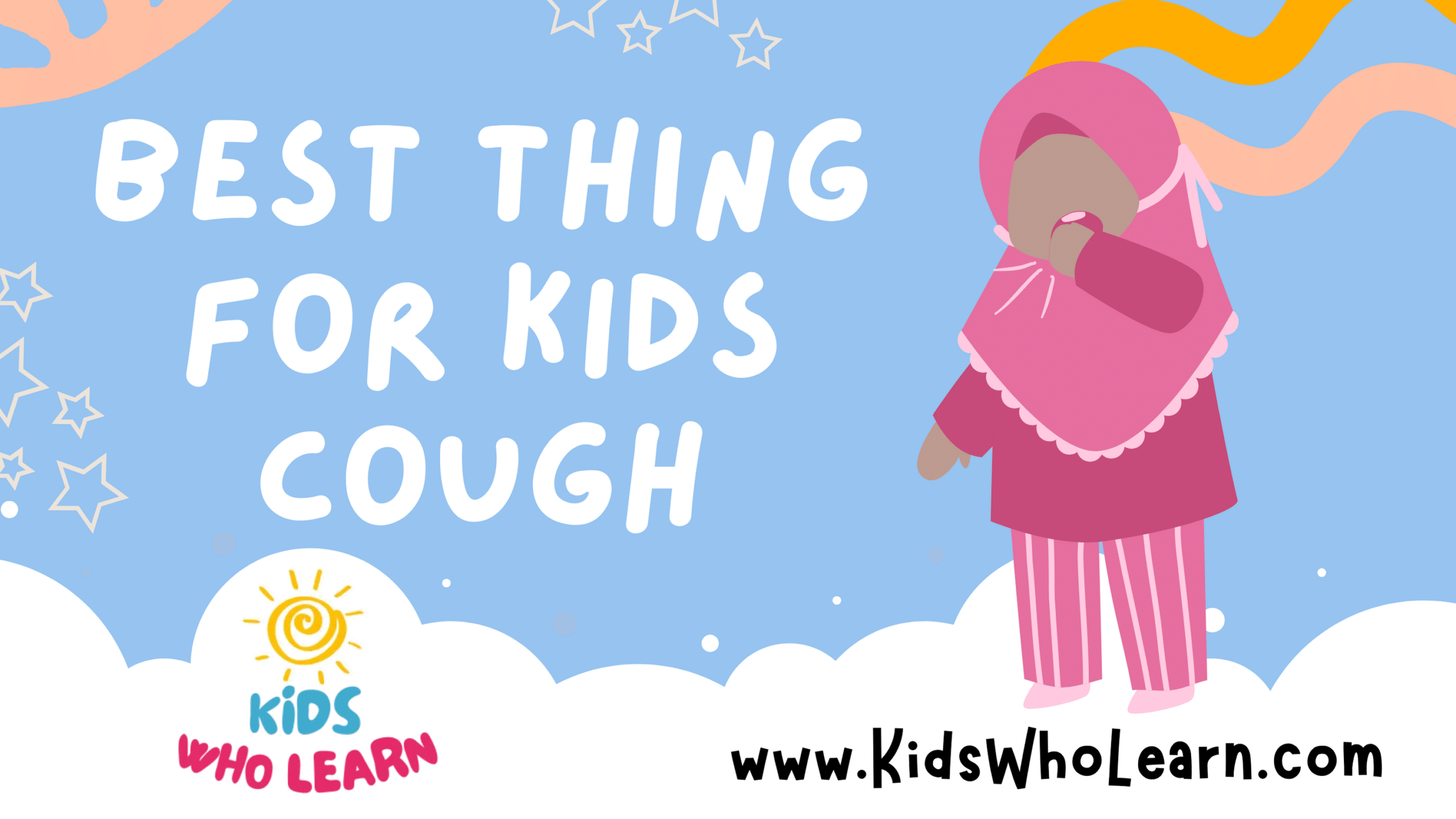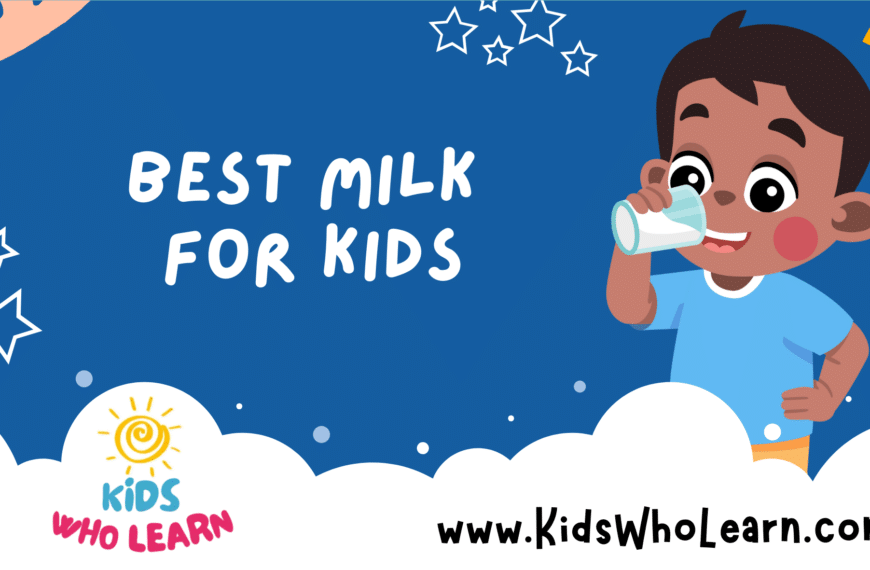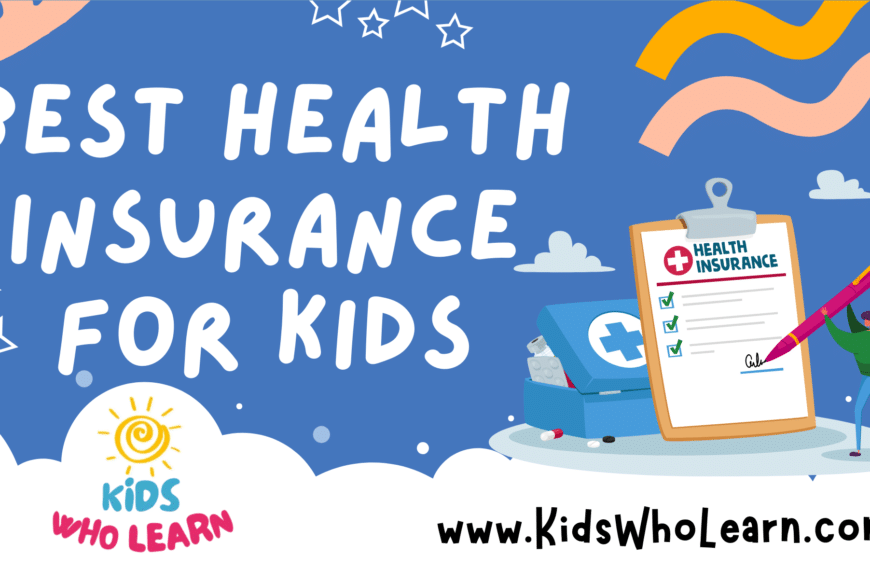When children develop a cough, parents often become concerned and seek out the best methods to alleviate their child’s discomfort. Understanding the nature of the cough is essential, whether it’s a dry cough signaling irritation or a productive cough that helps clear mucus. While each cough has its own set of treatment approaches, it is important to discern the best course of action to ensure both immediate relief and long-term health for the child.
We know that managing a child’s cough effectively often involves home remedies, such as honey for children over one year old, and ensuring proper hydration. For more persistent or severe coughs, over-the-counter medications and treatments may be necessary, but always following the guidance of a healthcare professional. In addition to these treatments, we recognize the importance of preventative measures such as vaccinations and lifestyle adjustments to minimize the risk of cough and other respiratory illnesses.
Key Takeaways
- Home remedies and hydration can provide comfort for a child’s cough.
- Consultation with healthcare providers is crucial before using medications.
- Preventative strategies are essential to reduce future cough occurrences.
Understanding Your Child’s Cough
When we talk about a child’s cough, it’s important to identify the type, recognize symptoms that need attention, and understand common causes.
Identifying Different Types of Cough
A child’s cough can be characterized in several ways which give us clues to what’s causing it. A dry cough often points towards a viral infection, whereas a wet cough may indicate the presence of mucus in the respiratory system. A barking cough is classically associated with croup, a viral respiratory infection, while a whooping cough followed by a sharp intake of breath is a symptom of pertussis.
Recognizing Symptoms and When to Worry
With a variety of symptoms that can accompany a cough, it’s crucial to note when they represent a more serious condition.
- Fever: Suggests the body is fighting an infection like the flu.
- Shortness of breath: Could be a sign of asthma or respiratory distress.
- Persistent coughing over weeks: May indicate a chronic condition.
If any of these symptoms occur or the cough worsens, it’s time to consult a healthcare professional.
Common Causes of Cough in Children
Various triggers can lead to a child’s cough, especially during cold and flu season. Respiratory viruses are common culprits:
- Common cold: Usually brings about a mild cough.
- Influenza (flu): Can cause a more severe cough.
- Asthma: Triggered by various factors, not limited to infections.
- Croup: Known for a distinctive barking cough.
- Pertussis: Highly contagious and can cause serious complications.
Understanding the cause of the cough can guide us in providing the best care for a child.
Immediate Relief Techniques
We understand that when children suffer from a cough, immediate relief is a priority for parents and caregivers. We focus on practical techniques that contribute to comfort and alleviate the most pressing symptoms.
The Role of Humidity and Warm Steam
Increasing humidity in the environment can soothe a cough by moistening the respiratory passages. Using a humidifier can maintain the optimal level of humidity in your child’s room, which may ease breathing and soothe a sore throat. Additionally, warm steam from a bath or a shower can also help to loosen mucus, providing relief.
- Devices: Humidifiers
- Advantages: Moistens nasal passages, soothes throat
- Method: Place a humidifier in the child’s room
Hydration and Its Benefits for Cough
Hydration is crucial for thinning mucus, making it easier to expel. Encouraging children to drink plenty of fluids can provide substantial relief for a cough. Warm liquids, such as soup or herbal tea, might also comfort a sore throat and improve breathing.
- Fluids: Water, herbal teas, soups
- Action: Keep throat moist, thin mucus
- Outcome: Easier coughing, reduced irritation
Saline Solutions and Nasal Aspiration
A gentle saline solution can be used to moisten and clear nasal passages. Applying saline drops into the nostrils, followed by using a suction bulb or nasal aspirator, can remove mucus effectively, making it easier for children to breathe and reducing the urge to cough.
- Tools: Saline drops/spray, nasal aspirator/suction bulb
- Process: Moistening the nasal passages, removing mucus
- Frequency: As needed, before meals and bedtime for comfort
Home Remedies and At-Home Care
When it comes to managing a child’s cough, we can use a variety of home remedies that are both effective and comforting. We focus on natural cough suppressants, rest, and the benefits of warm liquids to provide relief and facilitate recovery.
Honey: A Natural Cough Suppressant
Honey is our go-to natural remedy due to its cough-suppressing properties, especially for children over one year of age. It can soothe the throat and reduce coughing.
- Dosage: A spoonful before bedtime
- Note: Not for children under one year due to the risk of botulism
Rest and Its Importance in Recovery
Proper rest is critical for recovery, as it allows the body to repair and fight off infection.
- Sleep: Ensure the child has a comfortable environment to sleep
- Quiet Time: Encourage quiet activities during the day to conserve energy
Herbal Teas and Other Warm Liquids
Warm liquids can relieve throat irritation and help with congestion by loosening mucus.
- Herbal teas: Chamomile or peppermint can be soothing (avoid giving young children very hot beverages)
- Broth: A warm, clear broth can have a similar effect
- Popsicles: Can numb the throat and provide fluid intake, especially if children are resistant to drinking
Medications and Treatments
When managing a child’s cough, we consider both over-the-counter (OTC) medicines and prescribed treatments, as well as alternative options. It’s crucial to understand the uses and limitations of each to safely alleviate symptoms.
Over-the-Counter Medication Options
OTC cough medicines often include antihistamines and decongestants to relieve symptoms. We are mindful that while antihistamines can reduce cough caused by allergies, they sometimes cause drowsiness.
For congestion, decongestants can be effective, but we note they are not suitable for all children. It is important to check the appropriate dosages based on age and weight. These are some common OTC options:
- Cough Suppressants: Such as dextromethorphan, for a dry cough.
- Expectorants: Like guaifenesin, to loosen mucus.
We apply Vicks VapoRub, a topical rub, with care due to potential side effects like skin irritation.
Understanding Prescriptions and Antibiotics
Our approach to prescriptions for a child’s cough is guided by a thorough evaluation of symptoms. Antibiotics are only effective against bacterial infections and unnecessary use can lead to resistance. For this reason, we prescribe them when a bacterial infection is confirmed.
In addition, we sometimes consider prescribed cough medicines with stronger ingredients if OTC options are not sufficient. The following outlines when we might choose prescription medications:
- Persisting Symptoms: If a cough remains unresponsive to OTC treatments.
- Severity of Infection: Indicated by a healthcare provider’s diagnosis.
Alternative Medicines and Their Efficacy
We are cautious about alternative medicines since the efficacy and safety of these treatments can vary. Honey is often a natural cough suppressant we recommend for children over one year old. However, we avoid recommending treatments that lack scientific support. Here’s a brief overview:
- Honey: For children over one year, to soothe the throat.
- Saline Solutions: Nasal sprays or drops to alleviate congestion.
In all cases, we prioritize safety and adhere strictly to recommended dosages and age guidelines, ensuring we alleviate our young patients’ discomfort effectively and responsibly.
Preventative Measures and Lifestyle Adjustments
In addressing children’s coughs, we focus on creating supportive environments and instilling good habits that enhance their overall health and immunity.
Creating a Healthier Environment for Children
We understand the importance of maintaining an environment conducive to healthy breathing. To do so, minimizing allergens in the home is crucial. This can be achieved by:
- Regularly cleaning to reduce dust mites.
- Using air purifiers to filter out common irritants.
- Maintaining a level of humidity between 30% and 50% to prevent dry airways, which can be achieved with a cool-mist humidifier. This aids in easing breathing by maintaining moisture in the air passages.
Moreover, we should ensure the air children breathe is cool and fresh, which helps reduce the reflex that triggers coughing and soothes inflamed airways.
Diet and Immunity Building
A balanced diet rich in vitamins and minerals bolsters children’s immune systems. Particular emphasis should be placed on:
- Fruits and vegetables high in vitamin C.
- Foods with omega-3 fatty acids.
- Adequate hydration to aid in the production of mucus, which traps viruses and bacteria.
Healthcare providers can offer specific guidance on supplements if necessary, especially when a child is experiencing a runny nose or fever associated with a cough.
Educating Children on Health and Hygiene
Finally, teaching children about personal hygiene plays a vital role in preventing coughs. Effective measures include:
- Regular handwashing with soap to reduce the spread of germs.
- Using tissues when sneezing or coughing to catch droplets that may contain viruses.
By educating our children on these practices, we empower them to take control of their health and reduce the incidence of common cold symptoms, including coughs.
When to Consult a Healthcare Provider
Coughs in children are common, but certain symptoms warrant contacting a healthcare provider to ensure proper treatment and care. We want to identify signs that indicate a cough has escalated into something more serious that requires medical attention.
- Persistent Fever: If a child has a fever higher than 100.4°F for more than 3 days, it’s time to reach out to a healthcare provider.
- Breathing Difficulties: We take note of any signs of labored or rapid breathing, as these could indicate a respiratory infection or other serious conditions.
- Unusual Symptoms: Should there be an occurrence of symptoms like a persistent cough for more than two weeks, wheezing, or coughs with yellow, green, or bloody mucus, it is crucial to consult with a healthcare provider.
- Behavioral Changes: If the child is less active than usual, is not eating or drinking normally, or is unusually irritable, these could be signs of a more serious illness.
Table 1: Symptoms That Require Medical Attention
| Symptom | Description | Action to Take |
|---|---|---|
| Persistent Fever | Fever higher than 100.4°F lasting more than 3 days | Contact a healthcare provider |
| Breathing Difficulties | Labored, rapid, or wheezing breathing | Seek immediate medical attention |
| Unusual Cough | Cough with yellow/green mucus or cough lasting over two weeks | Consult a healthcare provider |
| Behavioral Changes | Decreased activity, poor intake, excessive irritability | Get medical advice |
We remember it’s always better to err on the side of caution. If in doubt about a child’s symptoms, especially for infants and younger children, a prompt consultation with a healthcare provider can provide peace of mind and ensure the child receives the necessary care.
Managing Cough-Related Disruptions
When children are dealing with a cough, it’s crucial to manage the disruptions it can cause to sleep and daily activities. Our focus is on ensuring restful sleep, despite chest congestion, and maintaining the child’s well-being during waking hours.
Sleep and Comfort
We prioritize quality sleep for children by creating a comfortable sleeping environment. To alleviate cough symptoms at night, we may suggest:
- Elevating the head: Using an extra pillow to elevate the child’s head may lessen coughing by reducing postnasal drip.
- Humidifier: A cool-mist humidifier can add moisture to the air, which may help to soothe the child’s throat and decrease the irritation leading to a cough.
Managing chest congestion is another key factor in promoting restful sleep. An effective approach might include:
- Gentle chest rubs: Using a mentholated ointment for children ages two and above, if it’s advised by a healthcare professional.
Daily Activities and Child’s Well-being
During the day, our goal is to ensure the child’s overall well-being while dealing with a cough. Strategies we use include:
- Regular fluid intake: Encouraging drinking plenty of fluids can aid in loosening mucus and easing congestion.
- Balanced rest and activity: Mixing periods of rest with light activities helps maintain the child’s spirits up and prevents overexertion, which can aggravate a cough.
To further manage cough symptoms and minimize impact on everyday life, consider:
- Avoiding irritants: Keeping the child away from cigarette smoke and dust can reduce cough flare-ups.
- Consulting healthcare providers: If symptoms persist, a professional can determine whether medication or other interventions are needed.
Frequently Asked Questions
In navigating children’s cough, we prioritize safety and efficacy, focusing on age-appropriate treatments and home remedies.
What are the most effective cough medicines appropriate for children under five?
For children under five, we recommend consulting a pediatrician before administering any cough medicine. Some over-the-counter options, like simple honey (for children over one year old), may soothe coughs, but always adhere to medical guidance for this age group.
How can I quickly alleviate my child’s coughing symptoms?
To provide quick relief, we can ensure the child stays hydrated, uses a humidifier to keep the air moist, and keeps their head elevated while sleeping. Over-the-counter saline nasal drops may also help clear nasal congestion.
What are some reliable home remedies to treat a cough in children?
Reliable home remedies include honey (for children over a year old), warm liquids like chicken soup, and a cool-mist humidifier in the child’s room. These remedies can help soothe the throat and ease cough-related discomfort.
Are there any Indian home remedies particularly suitable for children with a cough?
Indian home remedies for children’s cough often include turmeric milk (for older children), warm water with honey and lemon, and ginger juice mixed with honey. Before trying these remedies, ensure they are safe for the child’s age.
What techniques can help a toddler with mucus cough to find relief?
For a toddler with mucus cough, we can use gentle saline nasal sprays or drops, followed by bulb syringe suctioning if necessary. Warm baths and steamy bathrooms can also help to loosen the mucus. It’s important to keep toddlers well-hydrated.
How can I reduce the severity of my baby’s cough through home treatments?
To reduce the severity of a baby’s cough, use a humidifier, engage in gentle back rubs to loosen congestion, and ensure they get plenty of liquids. If feeding a baby, frequent breastfeeding or bottle-feeding can help keep their throat moist and comfort them.










